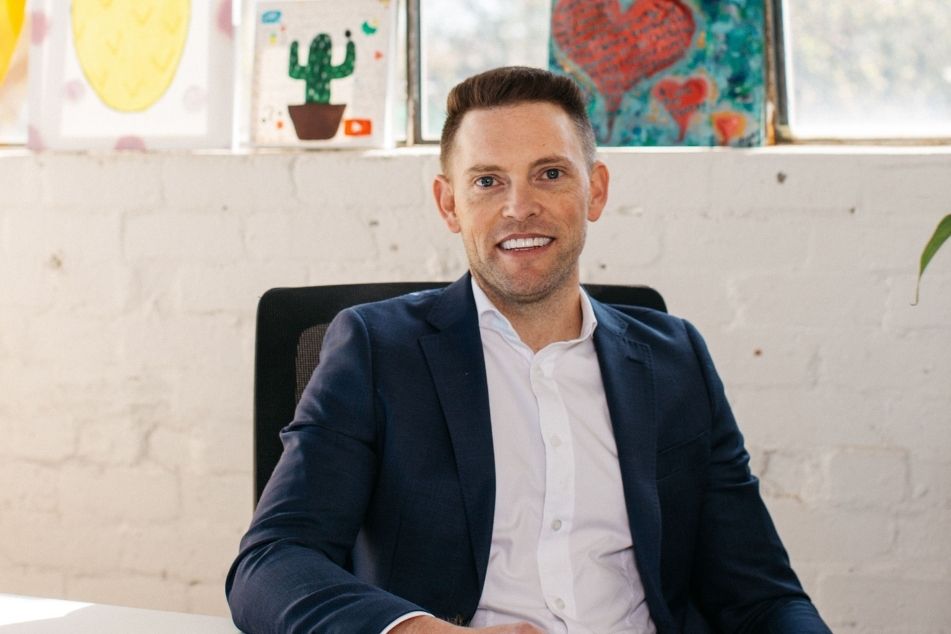Dr Eamonn McCarthy (DPsych (Forensic), MAPS, FCFP), CEO of Lighthouse Foundation, is recognised as one of Victoria’s most respected forensic psychologists in the field of childhood trauma, attachment and high-risk youth.
Formerly the Principal Practitioner of Child Protection in Victoria, and member of the Centre Against Sexual Assault at the Royal Children’s Hospital, Eamonn has provided support to some of the state’s most vulnerable young people.
Lighthouse Foundation provides homes and therapeutic care programs to children and young people impacted by long-term neglect, abuse and homelessness. Our focus is to create caring communities where kids can feel safe, form meaningful relationships and begin to heal from traumatic experiences.
What does advocating for young people mean for you?
Advocating for young people – particularly young people who have been traumatised or in other ways had less than ideal experiences – really means going above and beyond to ensure they receive the same level of prioritisation, care and thought that all young people do, especially those that might be in far more fortunate situations.
In the number of years that you have worked with young people, what do you think is the leading factor to them becoming at risk?
Sadly, I think the leading factor in most instances is the fact their parents were probably in not dissimilar situations. They were also impoverished in some way whether it be financially or in care, and as a result each generation is robbed of modelling opportunities that would otherwise help them to learn the psychological skills and resilience the rest of us might be fortunate to get.
How does the team at Lighthouse Foundation and you in your role as CEO help prevent kids and young adults from becoming vulnerable to threats?
In addition to providing kids and young people with a safe home and quality care at the time they really need it, we also focus from the outset on ensuring that feeling of safety is permanent well beyond Lighthouse’s involvement, both through components such as our On For Life program but more importantly, through the way we incorporate community. We work to ensure that the positive outcomes a young person experiences from Lighthouse are continuously bolstered and reinforced by the support of committed community members that surround them.
As a forensic psychologist in the field of childhood trauma, attachment and high-risk youth, how do you think we, as a community, can secure a better future for the youth?
I think undoubtedly communities can ensure and secure better outcomes for children who have suffered neglect, trauma or are high risk. One of the key ways we can do this is by choosing to educate ourselves on what these young people require. I think sometimes in today’s age of ready access to any information we want, remaining ignorant about a difficult topic can be a choice. Instead, we need to educate ourselves to understand that from a neurological perspective we should be responding to these young people in the same way we might respond to someone who’s come back from war or someone who has a significant physical disability. It’s about recognising the fact they require a tailored and thoughtful response from us, and it’s our responsibility to attune our community to them, not the other way around.
Lourdes Antenor is an experienced writer who specialises in the not-for-profit sector and its affiliations. She is the content producer for Third Sector News, an online knowledge-based platform for and about the Australian NFP sector.
- Lourdes Antenorhttps://thirdsector.com.au/author/lourdes-antenor/
- Lourdes Antenorhttps://thirdsector.com.au/author/lourdes-antenor/
- Lourdes Antenorhttps://thirdsector.com.au/author/lourdes-antenor/
- Lourdes Antenorhttps://thirdsector.com.au/author/lourdes-antenor/











